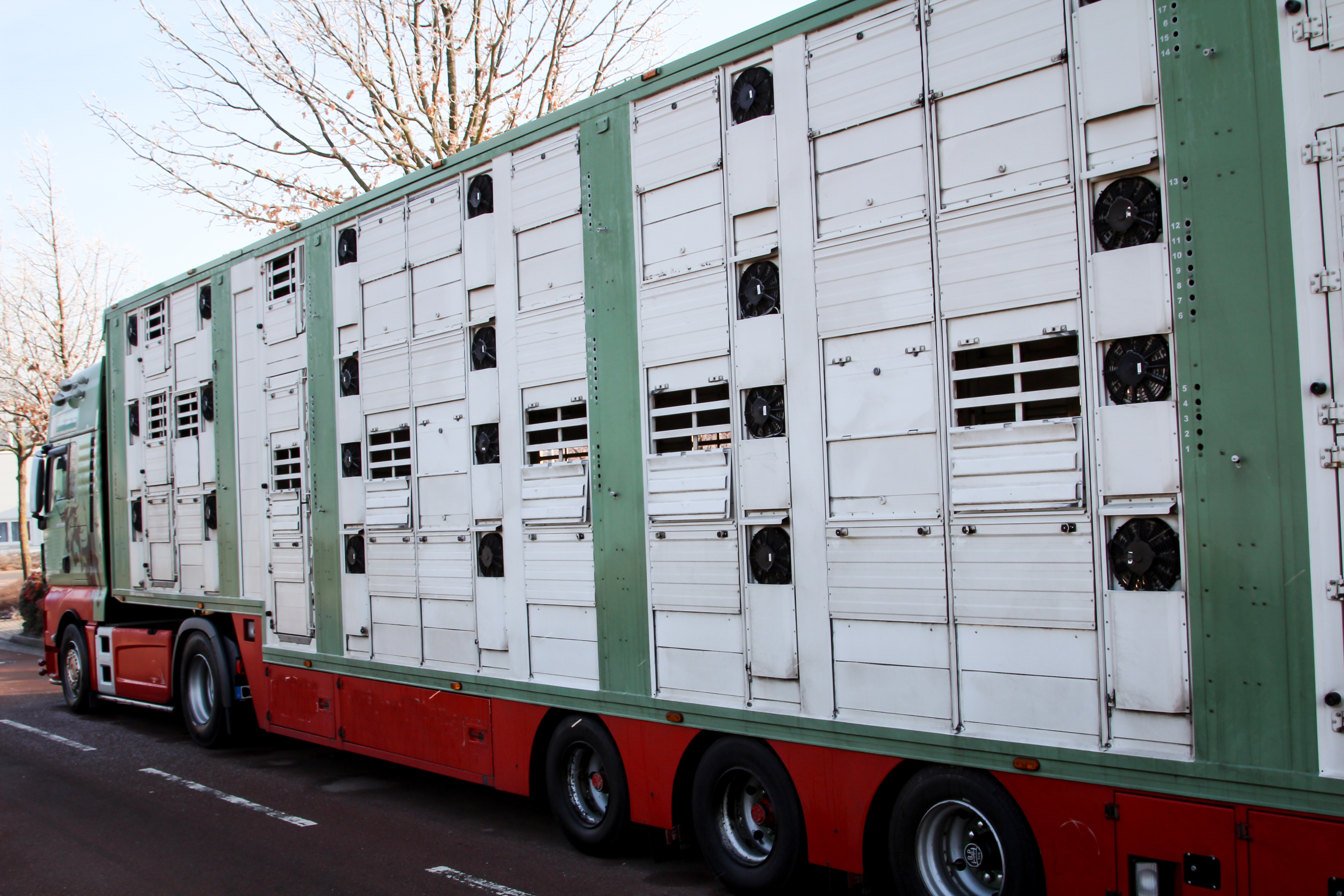



German authorities look to cap swine transport times further
Last week, agricultural ministers in Germany discussed limiting transport times at extreme temperatures, collecting more transport data and increasing penalties for violations.Speaking at the Ministerial Conference on Agriculture in Mainz, ministers made the case for limiting transport of animals in extreme temperatures, monitoring all journeys and collecting transport data, and increasing fines for any violation of transport regulations.
According to a report by ISN, Federal Minister of Agriculture Klöckner emphasised the increase of long transport times at temperatures reaching over 30° C in recent years. Klöckner says such conditions are unacceptable and are also prohibited.

For this reason, Klöckner now proposes an amendment to the Animal Welfare Transport Ordinance: "In the future, such violations should be considered as an administrative offence and be punished with a fine of up to € 25,000. In addition, data on animal health and transport routes will be kept in a central database. The ministers see this as an instrument to enforce animal welfare requirements more consistently."
ISN responded to the announcement and said that without question, they do not want to see pictures of animals suffering from extreme heat during transport. However, simply shortening the transport times at high temperatures is not enough and can even be counterproductive for animal welfare. Those areas that are beyond the cutoff time for travel to the nearest slaughterhouse will have to have more breaks and animals will be increasingly exposed to loading and unloading stress.
On hot days, animals heading to slaughter may not be allowed to continue the journey until temperatures decrease, meaning the situation for the animals will be worsened. More meaningful than shortening transport times would be the mandatory use of appropriate equipment in animal transportation, with fans and drinkers permitted inside trucks. This is especially important when livestock trucks are stopped during a break or waiting for unloading.








